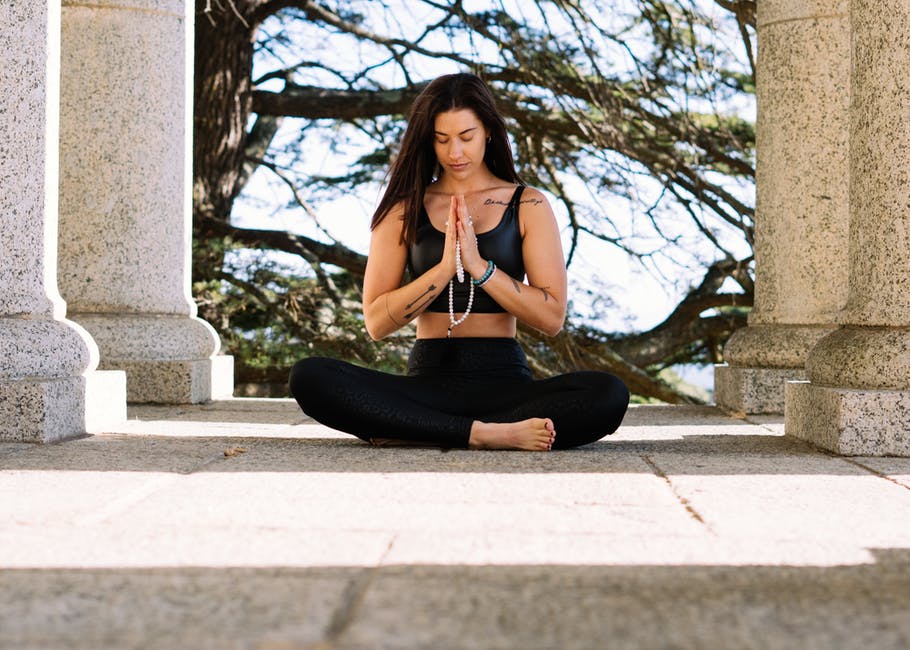Are you filled with panic during this uncertain time? Meditation has been proven to help with anxiety, depression, alcoholism, and other conditions where one’s mind acts against your own self-interest. It also helps in times of upheaval and crisis.
It also has physical benefits, like lowering blood pressure.
If you are new to meditation, you may wonder how anyone can sit still for twenty minutes or more without going crazy? Here are ten tips that will provide the keys to meditation and help you find some serenity in this mixed-up world.
1. Create a Peaceful Place
One of the first keys to successful meditation is to create space where you can find peace. Find a secure corner of your house where you won’t be bothered by kids or the cat.
Some people like to decorate the space with a comfy pillow, a Buddha, or a painting of a soothing landscape.
2. Shut Out the Noise
You want to go inwards, so you need to shut to the outside world, if only for a little while. Try to close a door against the noise of people downstairs, or the window to avoid the traffic sounds. Turn off your phone’s ringer!
3. Get Comfortable
Some people like to meditate in a lotus position, but it is not imperative. If you don’t have flexible hips, you may just settle down in a comfortable chair. Others like to lie down in savasana.
4. Incense or Essential Oils
Meditation can encompass all of your senses. Don’t forget about smell!
You may light some incense or burn some essential oils to provide a relaxing aroma. Lavender can be very soothing, as can ylang-ylang or sandalwood. You can also just dab some scented oil on your pulse points.
5. Soft Music
If complete silence makes you antsy, try some soothing music. Stay away from loud, rhythmic pop music, or anything with lyrics. Classical or new age music provides a calm background noise that can help you regulate your breathing.
6. Start Slow
Meditation is not complicated, but it is not easy either.
It can be hard to sit and breathe for an extended period of time if you are used to racing around physically and mentally.
If you are in recovery after having just gotten out of a detox center, sitting without moving might be especially difficult as your nerves are still firing!
You don’t have to push yourself. You can even start meditating for two to five minutes. Even a little bit can have benefits.
7. Focus on Your Breathing
Take four minutes where you simply focus on your breathing. Do not make a grocery list. Do not try to self-psychoanalyze. Just focus on your breath
If your mind wanders, just bring it back to your breaths. That’s all there is to it!
8. Try an App
If you prefer a less silent approach, why not try an app? There are many apps which will guide you in meditation with words, mantras, or sounds. Many are even free!
9. Increase the Time Over Time
Over time, you will notice that you are able to sit still for longer periods of time. You will come to see the benefits for this precious time of day for keeping yourself calm and focused. It will help your sleep and mood as well.
Soon you may be meditating up twenty minutes at a time, or more.
10. Be Grateful
In your meditation, grateful for your body, your breath, the roof over your head, and the many blessings of being alive. Gratitude helps you recover from all sorts of mental anguish.
Keys to Meditation: Quiet Kindness to Yourself
The keys to meditation are simple: settle your body and mind in a safe place and give yourself one moment in the day to simply “be.” Enjoy the calm that ensues from the simple act of focusing on breathing and experiencing gratitude.
For more tips on living your best life, keep checking back.
